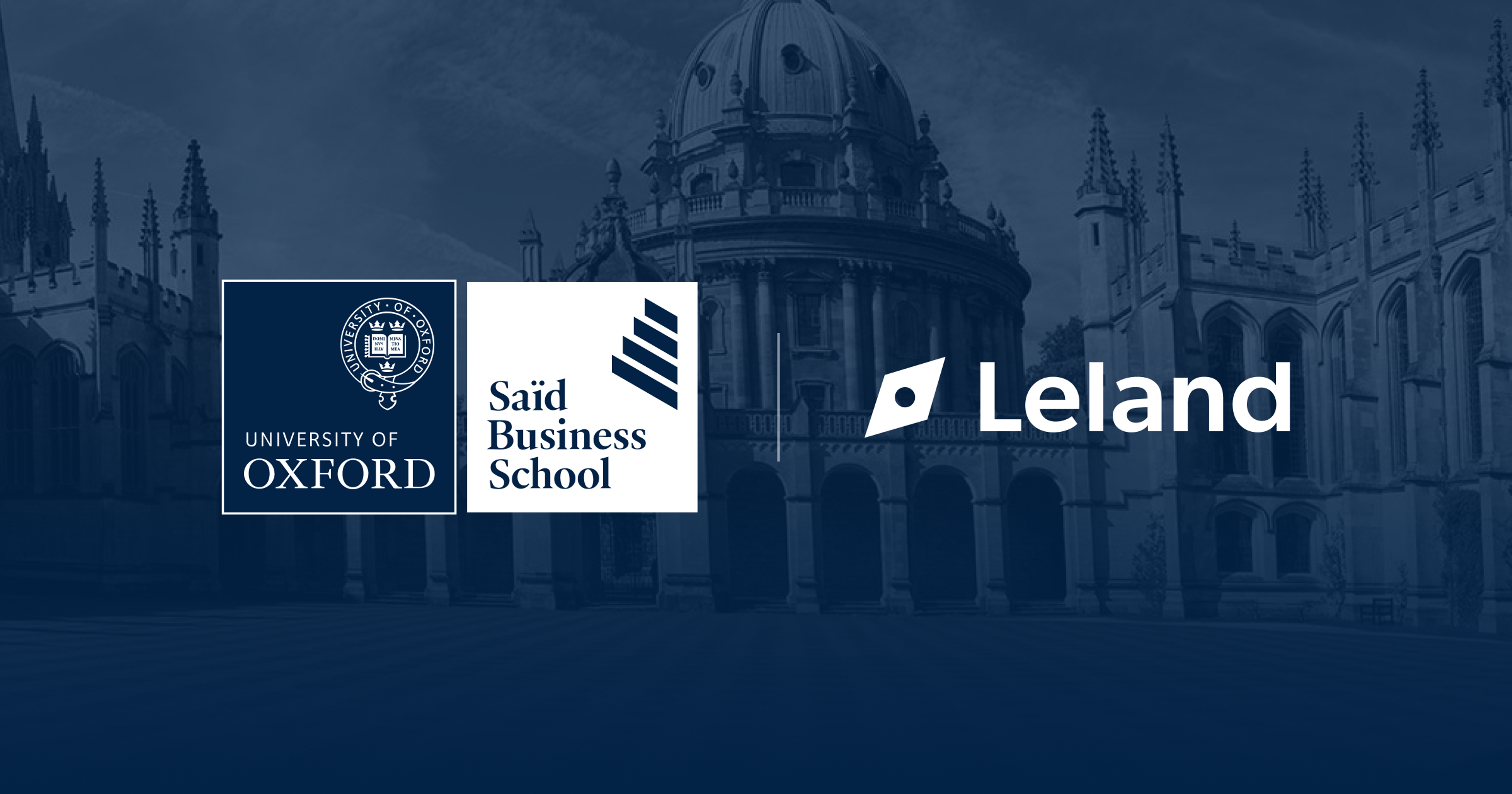Leland Library
Expert-written articles, free resources, detailed guides, and more to help you accomplish your goals.

February 12, 2026
What It (Actually) Takes to Land a Job: Number of Applications, Cost, & Career Center Support
New data from thousands of students reveals the hidden costs of getting hired: 135 hours, 78 applications, and hundreds to thousands of dollars spent, with major disparities by field, race, and school. Plus, the helpfulness of career centers and what students are doing to increase their chances.

February 5, 2026
How to Get Into the Meta RPM Program (2026)
Learn how to get into the Meta RPM Program in 2026 with our step-by-step guide. Discover eligibility, tips, and key insights to boost your application success.

January 27, 2026
Finance Internships for College & High School Students (2026)
Calling all finance freshmen. Get practical tips to prepare for a finance internship and insights into top finance roles now accepting applications.

January 27, 2026
The Top 10 Investment Banks – By Size & Tier (2026)
Discover the top investment banks by size and tier in 2025. Get insights into the biggest players in finance and what sets them apart in this detailed guide.

January 13, 2026
What is an MBA Degree? An Expert Guide (2026)
The ultimate guide to MBA degrees, this article covers what an MBA is, the different types of programs, cost breakdown and financing options, curriculum and specializations overview, benefits and key factors to consider, and much more.

January 12, 2026
How Long Does it Take to Hear Back From a Job?
Wondering how long it takes to hear back from a job? Learn average response times, why hiring managers delay, and how to send a professional follow-up email.

January 8, 2026
Top 10 Deferred MBA (2+2) Programs in the US (2026)
Aiming for an MBA, even while you're still in college? Perfect, learn all about deferred admission MBA programs like HBS 2+2 and receive key insights into the application process.
Recent articles

February 14, 2026
Best GMAT Coaching Online for Verbal: Tutors, Courses, & Resources
Discover the best GMAT coaching online for verbal top tutors, courses, and resources to improve strategy, accuracy, and scores.

February 13, 2026
What Is a Good GMAT Score? Score Range, Percentiles, and Target Benchmarks
Learn what a good GMAT score is in 2026-2027 based on updated percentiles, school benchmarks, and expert strategies to set and reach your target score.

February 12, 2026
Leland and Admit.Me Access Team Up to Provide Top-Tier MBA Application Support to Access Fellows
Leland is excited to partner with Admit.Me Access to power their 1:1 MBA admissions coaching for Access Fellows.

February 12, 2026
What It (Actually) Takes to Land a Job: Number of Applications, Cost, & Career Center Support
New data from thousands of students reveals the hidden costs of getting hired: 135 hours, 78 applications, and hundreds to thousands of dollars spent, with major disparities by field, race, and school. Plus, the helpfulness of career centers and what students are doing to increase their chances.

February 12, 2026
GMAT Critical Reasoning: Practice Questions With Answers & Expert Tips
Master GMAT critical reasoning with expert strategies, real-world examples, and proven practice methods to boost your verbal score fast.

February 6, 2026
Letter of Continued Interest (LOCI) for Law School — The Expert Guide
Learn how to write a persuasive and effective letter of continued interest for law school admissions with our comprehensive how-to guide.

February 6, 2026
How to Get Into the UPenn Law School (Carey) — Acceptance Rate, Ranking, & Application
Learn how to get into the University of Pennsylvania Law School, including acceptance rate, ranking, requirements, and expert tips for a standout application.

February 6, 2026
How to Prepare for a Career in Investment Banking
Learn how to break into the competitive world of investment banking with our expert tips on building the skills and network needed to become successful.

February 6, 2026
The Top 10 Accelerated JD Programs (2026)
Accelerated JD programs compared for 2026-2027. See the top 2-year and 3+3 options, who they’re best for, and real tradeoffs before you apply.

February 6, 2026
Leland Partners with Saïd Business School, University of Oxford to Expand Career Support for MBA Students
We're thrilled to be partnering with Saïd Business School, University of Oxford to provide their students with access to world-class coaches and career resources.